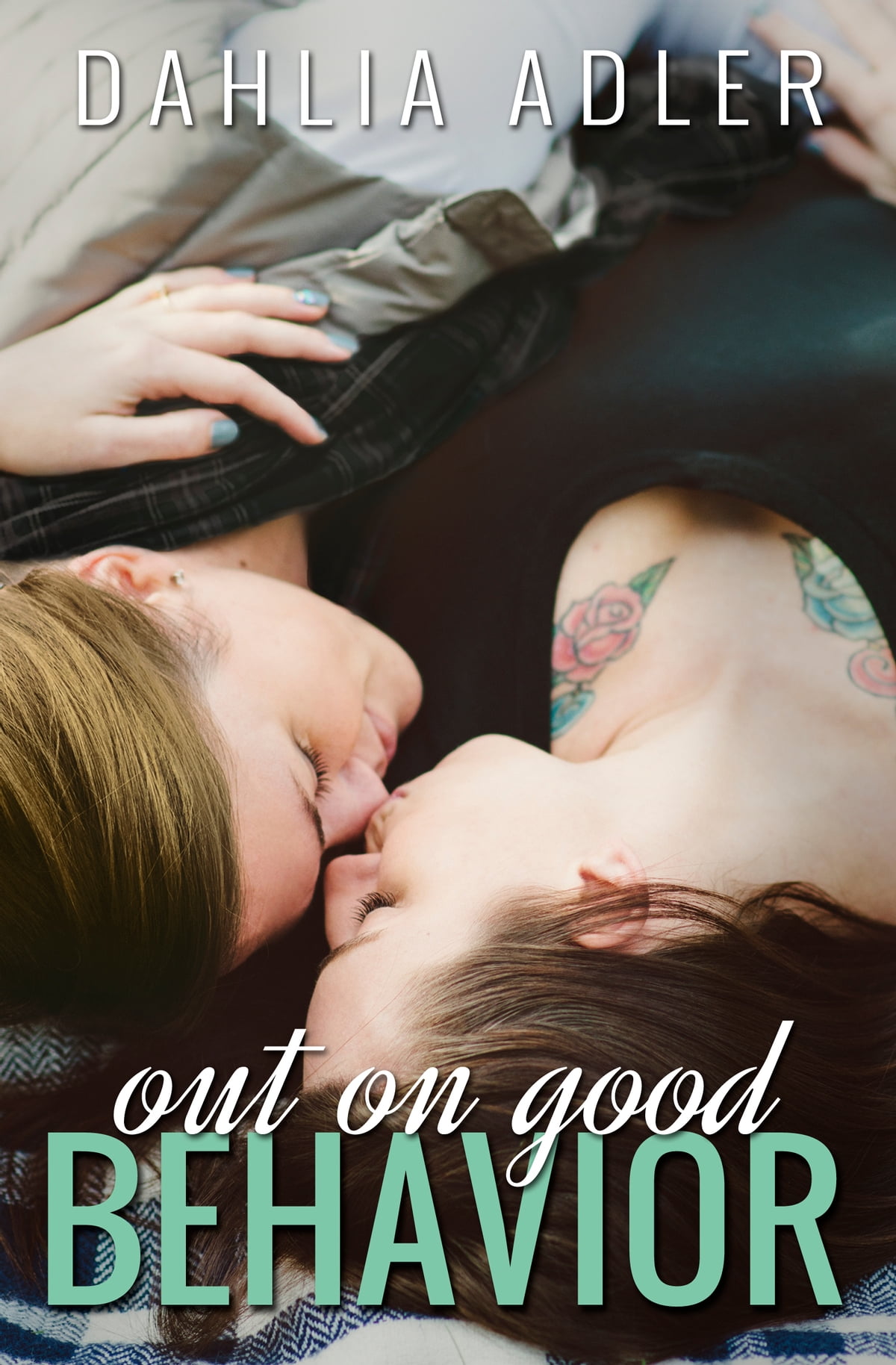I recently picked up a stack of lesbian romance novels at a used bookstore, and Karin Kallmaker’s Paperback Romance (1992) was among them. It wouldn’t be an exaggeration to say that I’ve read almost everything she’s written (and own copies of most of her books), but it’s been a very long time since I read this one, so I decided to give it another go. I had a nagging feeling that I hadn’t really enjoyed the book–now nearly twenty years old–the first time around, and I wanted to see if it was due to the book itself or simply my circumstances at the time.
Carolyn Vincense is a successful author of (straight) romance novels who has recently returned from a trip to Paris in which her illusions of romance were shattered after a whirlwind romance and marriage. A virgin on her marriage night, Carolyn comes to the conclusion that she must be frigid and attempts to deal with the writer’s block that inevitably follows her loss of faith in her subject matter. Her agent and best friend Alison is a lesbian who has been in love with her for the past fifteen years, but hasn’t come out to her for fear of losing their friendship and the fleeting moments of closeness that she craves.
When Carolyn receives a substantial check as a result of her writing success, she returns to Europe to savor a musical tour through its famous places. On the first stop (Paris, again) she is unfavorably impressed by the up-and-coming director, Nicolas Frost, who is brilliant with the baton but rather rude in person. Nicolas is really Nicola, a gay woman passing as a man in order to make it in the high-stakes world of music. She and Carolyn cross paths several more times, and their attraction heightens as Carolyn discovers Nicola’s secret and realizes that she may be a lesbian. When Alison arrives in Rome to–finally–declare her love and discovers Carolyn with Nick, Carolyn realizes that she and her best friend may have some unfinished business that has nothing to do with book sales. Will she continue her torrid affair with the deeply closeted Nick, or take a chance on love that may not exist?
Having a narrative that encompasses two overlapping romances is a tricky business, because Kallmaker has to make the reader invested enough in the “coming-out” romance with Nick to keep reading, but still intrigued enough by the possibility of an Alison-Carolyn pairing to not care too much if Nick’s heart gets broken. I think this tension is the root of my dislike of the book on first read; it has taken me a while to develop a tolerance for complication in my lesbian romances. When I first read the book, I believed that Carolyn should stay with Nick, the person with whom she had her first same-sex experiences. I identified with Carolyn’s confusion about her sexuality, but couldn’t understand her conflicted emotions about Alison. Life–and love–are often more complicated, however, and Kallmaker does a good job of representing that tension.
Although there are still several elements that are handled less gracefully than I would have liked–Alison’s ogling of her best friend in the first part of the book comes off as kind of creepy, for example, and some of Carolyn’s soul-searching moments are overwrought–the book has good things to say about staying true to yourself (once you figure out what that is). Of the three characters in the triangle, only Carolyn (and Samantha, the woman in love with Alison who keeps that storyline going) has the courage to say “this is who I am now, and I’m not going to hide.” That’s always a positive message, no matter how long ago a book was published.


